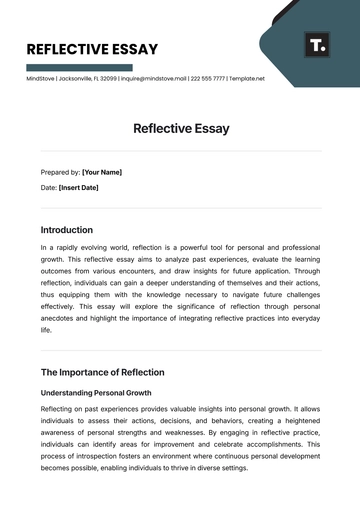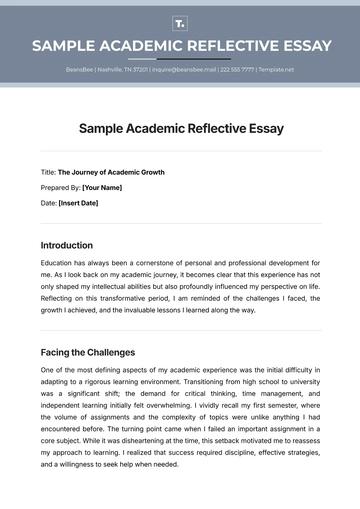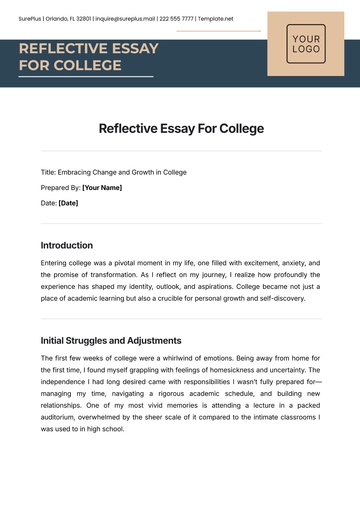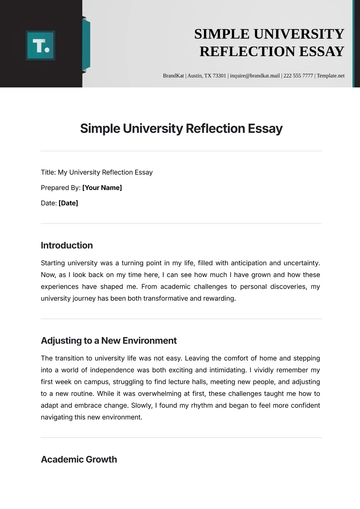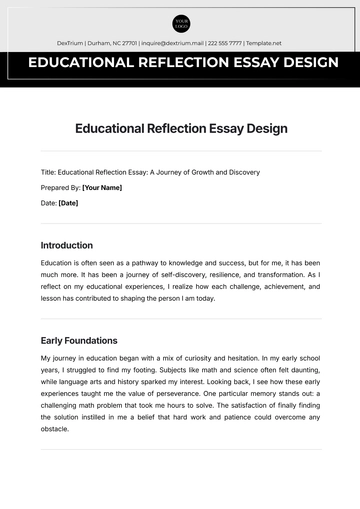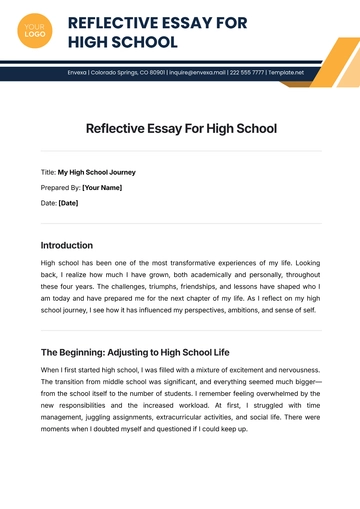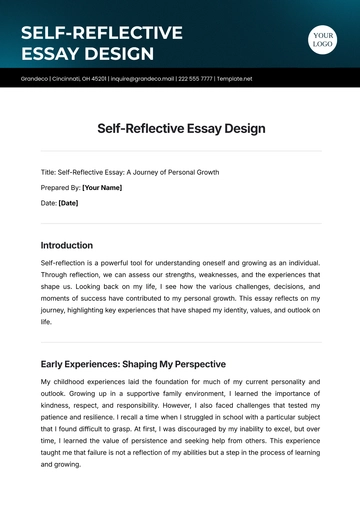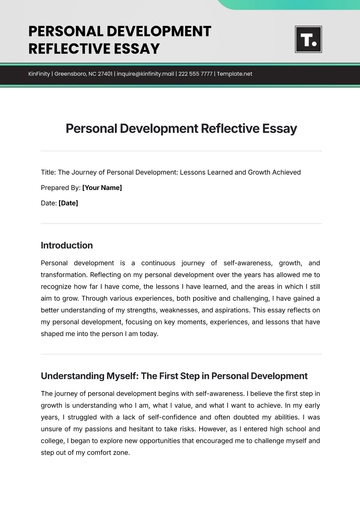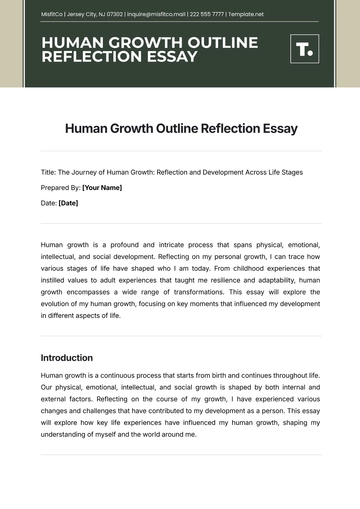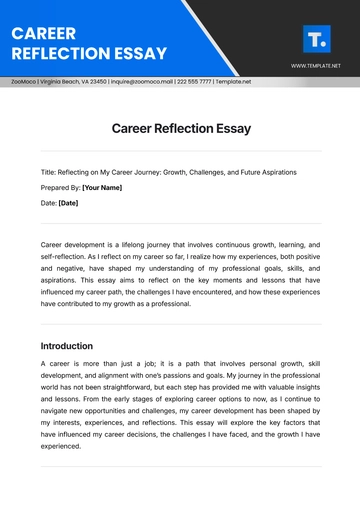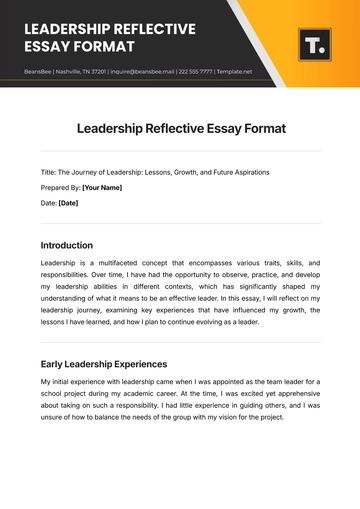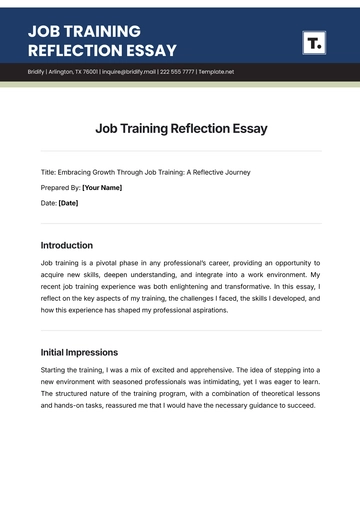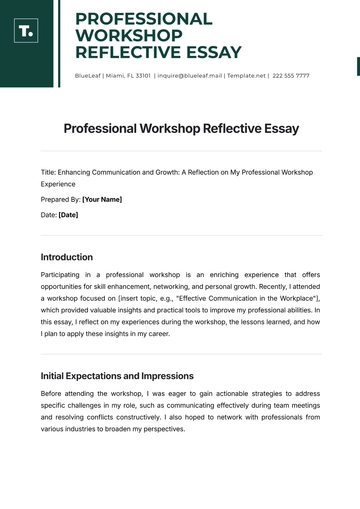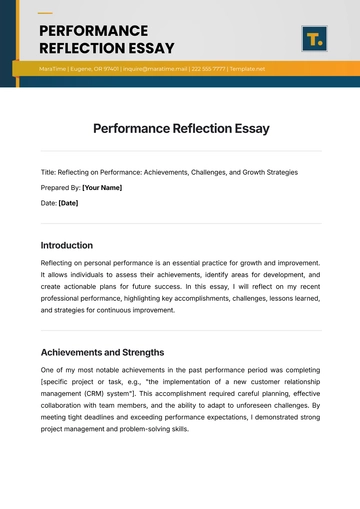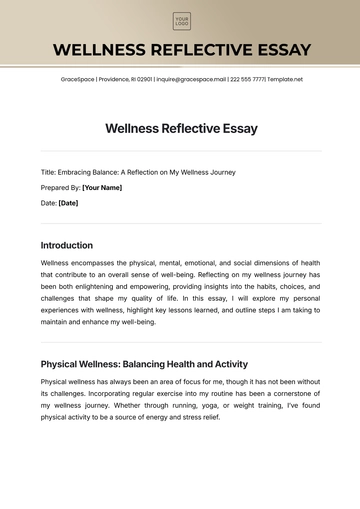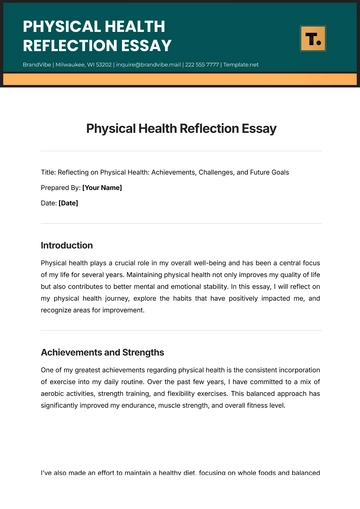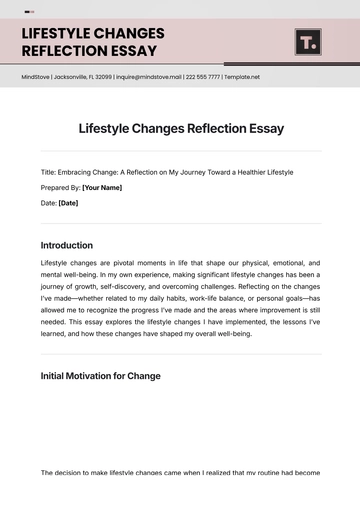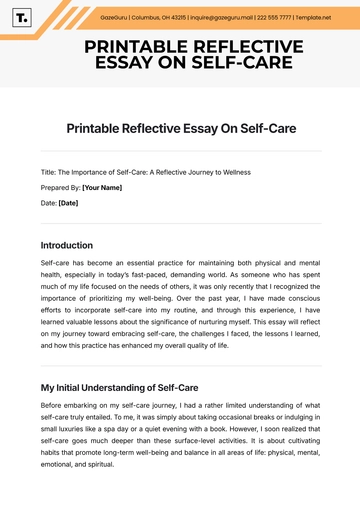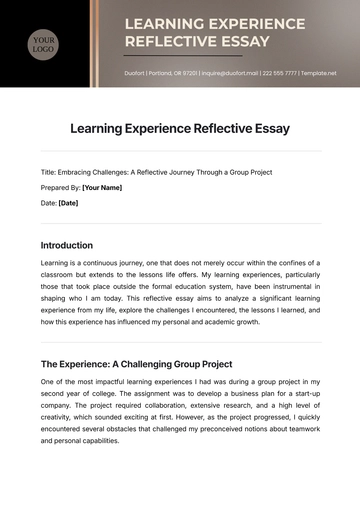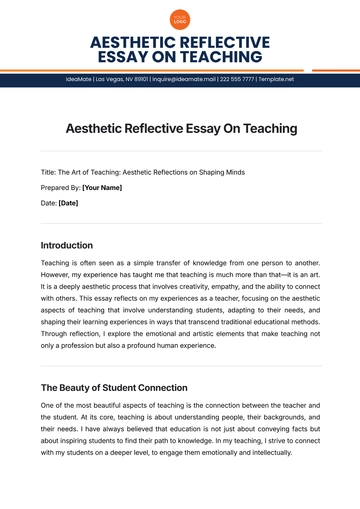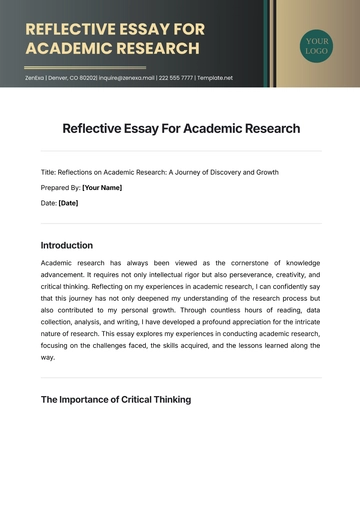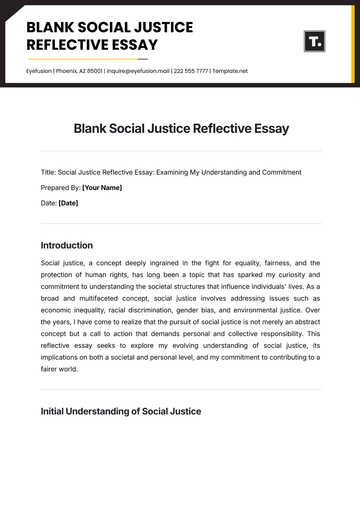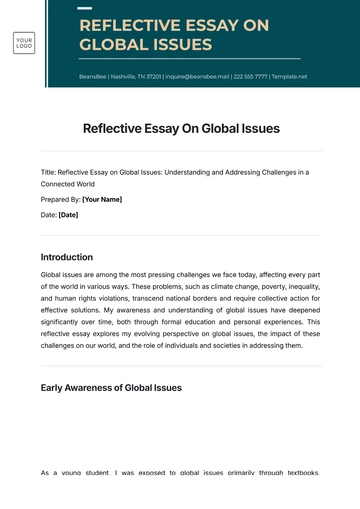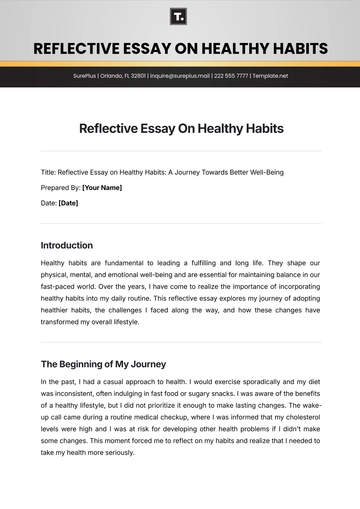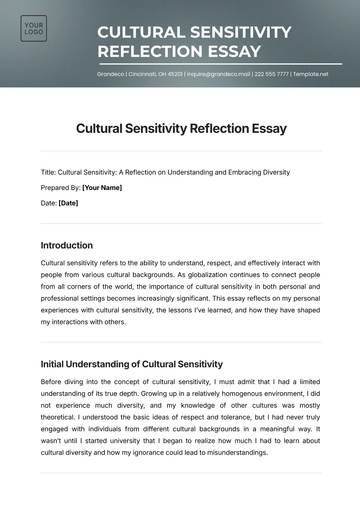Free Ethical Emerging Technologies Expository Essay
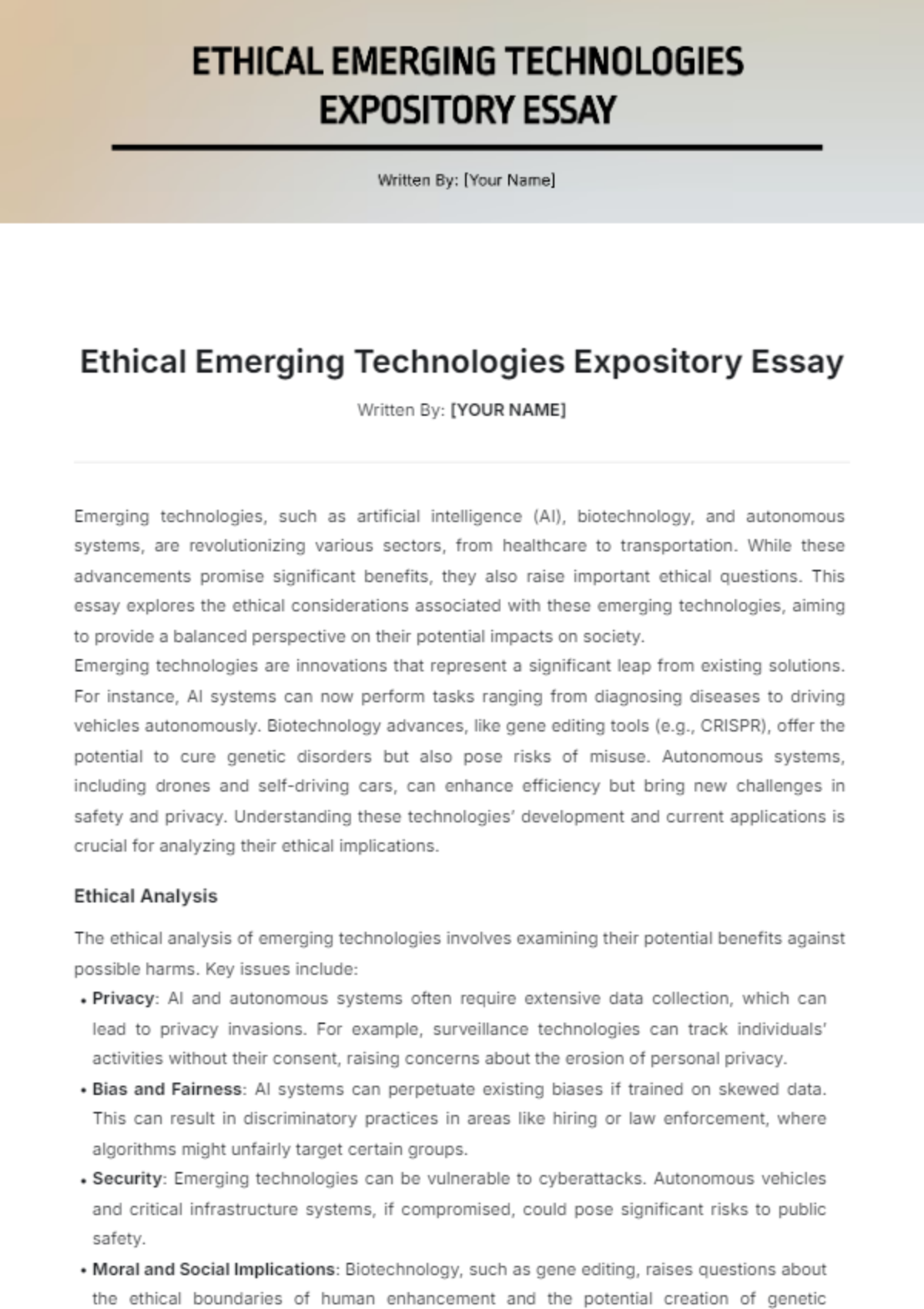
Written By: [YOUR NAME]
Emerging technologies, such as artificial intelligence (AI), biotechnology, and autonomous systems, are revolutionizing various sectors, from healthcare to transportation. While these advancements promise significant benefits, they also raise important ethical questions. This essay explores the ethical considerations associated with these emerging technologies, aiming to provide a balanced perspective on their potential impacts on society.
Emerging technologies are innovations that represent a significant leap from existing solutions. For instance, AI systems can now perform tasks ranging from diagnosing diseases to driving vehicles autonomously. Biotechnology advances, like gene editing tools (e.g., CRISPR), offer the potential to cure genetic disorders but also pose risks of misuse. Autonomous systems, including drones and self-driving cars, can enhance efficiency but bring new challenges in safety and privacy. Understanding these technologies’ development and current applications is crucial for analyzing their ethical implications.
Ethical Analysis
The ethical analysis of emerging technologies involves examining their potential benefits against possible harms. Key issues include:
Privacy: AI and autonomous systems often require extensive data collection, which can lead to privacy invasions. For example, surveillance technologies can track individuals’ activities without their consent, raising concerns about the erosion of personal privacy.
Bias and Fairness: AI systems can perpetuate existing biases if trained on skewed data. This can result in discriminatory practices in areas like hiring or law enforcement, where algorithms might unfairly target certain groups.
Security: Emerging technologies can be vulnerable to cyberattacks. Autonomous vehicles and critical infrastructure systems, if compromised, could pose significant risks to public safety.
Moral and Social Implications: Biotechnology, such as gene editing, raises questions about the ethical boundaries of human enhancement and the potential creation of genetic inequalities. The ability to alter human DNA could lead to new forms of social stratification.
Accountability: With the rise of autonomous systems, determining responsibility in cases of malfunction or harm becomes complex. For instance, if a self-driving car causes an accident, it is challenging to assign liability among the manufacturer, software developers, and vehicle owners.
Case Studies or Examples
AI Bias in Hiring: A notable case involved an AI hiring tool that showed bias against female candidates. The algorithm, trained on historical hiring data, favored male candidates, illustrating the need for careful oversight and adjustment to prevent discrimination.
CRISPR and Gene Editing: The use of CRISPR for gene editing has been celebrated for its potential to eliminate genetic disorders. However, concerns about "designer babies" and unintended genetic consequences highlight the ethical need for regulation and careful consideration.
Autonomous Vehicles: Incidents involving self-driving cars, such as the fatal crash of an Uber autonomous vehicle, underscore the ethical challenge of ensuring safety and determining accountability in the event of a malfunction.
Emerging technologies offer transformative potential but also present significant ethical challenges. Addressing issues related to privacy, bias, security, and accountability is essential to ensure that these technologies benefit society while minimizing risks. Ongoing dialogue and regulatory frameworks are necessary to navigate the ethical landscape and guide the responsible development and implementation of these technologies.
- 100% Customizable, free editor
- Access 1 Million+ Templates, photo’s & graphics
- Download or share as a template
- Click and replace photos, graphics, text, backgrounds
- Resize, crop, AI write & more
- Access advanced editor
Address the ethical implications of emerging technologies with our editable Ethical Emerging Technologies Expository Essay Template. Available on Template.net, this customizable template provides a comprehensive framework for discussing the ethical challenges posed by new technologies. Editable in our AI Editor Tool, it allows you to customize the content to align with your viewpoints or research focus.
